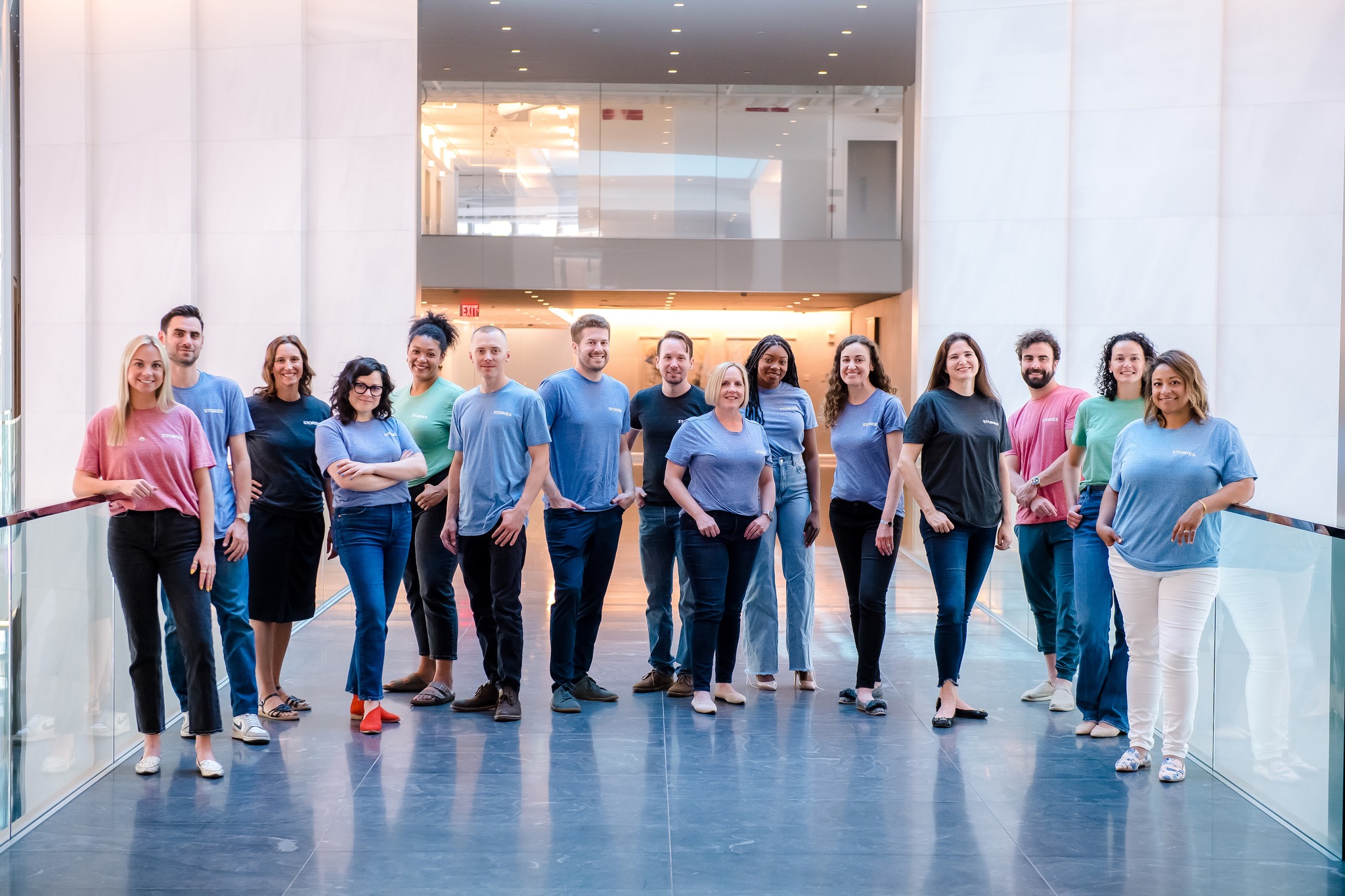A proposed "baby bonus" from the US government falls far short for new parents, revealing a disconnect between policy and real-world needs.
Current systems often fail to address the mental and physical challenges new mothers face when returning to work.
Effective parental support means systemic changes: longer, flexible paid leave, affordable childcare, and a new cultural view of working parents.
If good intentions paved the road to parental well-being, American families would be cruising. But on the ground, the reality is often a patchwork of policies and corporate perks that feel more like detours than direct support. For many navigating the front lines of parenthood, these measures are less robust aid and more token gestures, barely scratching the surface of overwhelming financial, emotional, and logistical challenges. This chasm between gesture and genuine help leaves families feeling profoundly unheard.
Kristina Zwettler, Director of Account Management at digital marketing and technology firm Scorpion, finds it audacious for policymakers or companies to suggest that a "baby bonus" of $5,000 initially proposed by the Trump administration and $1,000 earmarked in the latest "Big Beautiful Bill", significantly alleviates the financial burden on new families.
"When I'm doing the math for Denver, the cheapest child care option I found was $2,800 a month, up to $3,500 for a newborn," she says. "Five-thousand dollars is not helping us in any meaningful capacity." This sentiment, she notes, isn't just for brand-new moms; it resonates with seasoned parents too, who recognize and feel the inadequacy of the policy.
Cash can't replace the human cost: Back at work with a five-month-old experiencing sleep regression, Zwettler highlights the personal toll. "I'm waking up three times a night, but as a director, I also have to run a team and give them the support and attention they need," she explains. The pressure to perform professionally while navigating the intense demands of early parenthood, she feels, creates an unsustainable situation for many.
Rethinking 'support': "I'm not asking the government to pay for every single piece, but I'm asking for companies to offer more, like a phased approach back into work—not just expecting you to hit the ground running as if you've returned from vacation," Zwettler says. For her, solutions aren't just financial; they require a systemic shift. She believes the first year in child development is critical and advocates for exploring creative solutions, such as an idea she heard on a podcast: "Borrowing against your Social Security, meaning I’d work an extra year if I could stay home for my son’s first year. I’m more than happy to keep working if I can spend that critical time with him."
The village reimagined: Zwettler emphasizes the need to look at how other developed countries successfully support new parents, pointing to Spain as an example. "They recently added a provision where you can dedicate a portion of your generous leave, say 45 or 90 days, to another family member or friend. They recognize you need extra hands. That’s why they say it takes a village; it’s not just one person's responsibility." The aid, she notes, could come from a grandparent or even a retired friend.
Gender barriers: With regard to policies hindering flexibility, she adds, "It's flat out saying that you do not want women in our government because you're not even giving us the right infrastructure." She points to a Colorado representative, a new mother, forced to fly to DC because virtual voting was invalid. "How can you expect other women to even get into politics when you see these barriers?"
Meeting people where they are: Ultimately, Zwettler believes the issue extends to a broader cultural need for empathy and understanding of different life stages and choices. She recalls an instance where a single employee questioned a manager's flexible schedule due to family needs, and how, before having a child, her own commitments to nonprofit work weren't always valued the same way as a colleague's family responsibilities. "It's about meeting people where they are," she concludes, "not trying to tell them what their value should be, but giving people the opportunity and understanding their current situation, whether they're single or have a family."








